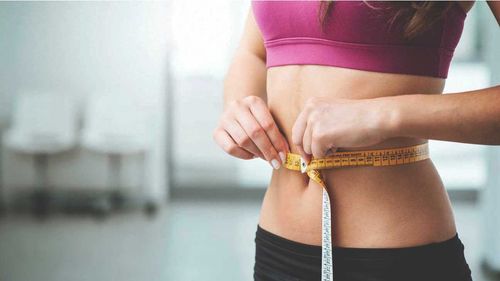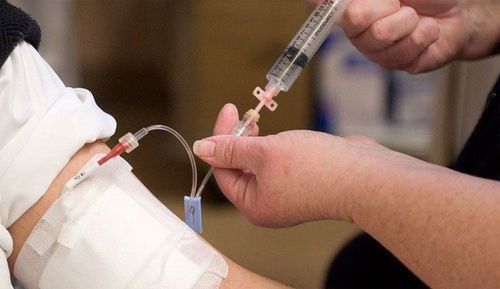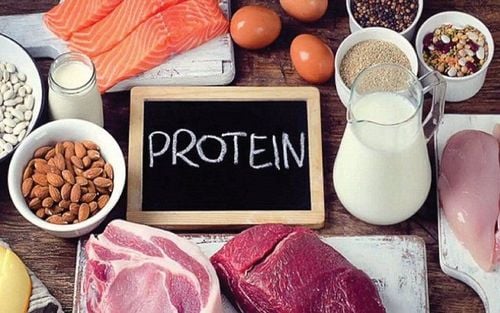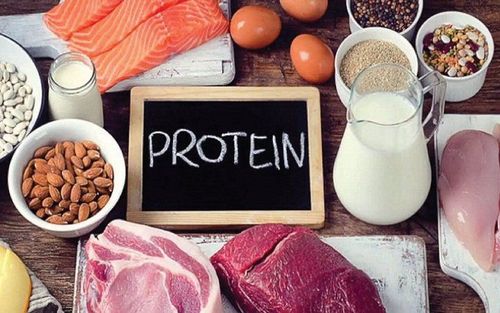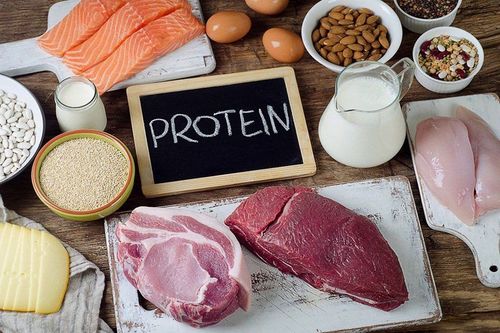This is an automatically translated article.
Protein is an indispensable element in any diet. There are many studies that have shown that protein is good for women, but the best dosage is still controversial. In general, protein supplementation for women depends on age, activity level, fitness goals, and general health.
1. What is protein?
Protein is made up of amino acids, which are the building blocks of tendons, muscles, organs, skin, enzymes, hormones, neurotransmitters, and different cells that serve many functions. important ability. The body also produces some of these amino acids, but people still need to get other amino acids (called essential amino acids) through their daily diet.
Animal protein provides almost all the essential amino acids in the right proportions so if you are eating foods like meat, fish, eggs or dairy every day, your body can still get enough protein. . However, for some people who are allergic to animal protein or are vegetarians, getting enough protein and essential amino acids can be more difficult. It is advisable to combine a balance between plant and animal proteins in the daily diet.
2. The role of protein for women
2.1. Reduce the risk of cardiovascular disease
Women who get enough protein can reduce their risk of heart attack and coronary heart disease. Because according to a 14-year study, women who ate a lot of protein (about 110 grams/day) had a 25% lower risk of heart disease than women who ate less protein (about 68 grams/day).
2.2. Increase muscle strength and bone mass
Besides, compared to men, women also have a higher risk of bone loss as they age (due to less bone mass). At this time, supplementing with protein is good for women because protein accounts for about 50% of bone volume and 33% of bone mass, absorbing enough amount will contribute to building muscle strength and increasing bone density.
2.3. Effective weight loss protein for women
Daily protein intake is important for weight loss and maintenance. Many experts consider protein to be more effective for weight loss than fat or carbs. Eating more protein makes it easier for women to follow any weight loss diet, which, when combined with exercise, helps reduce body fat while maintaining desired muscle mass.

Nhiều chuyên gia đánh giá protein giảm cân cho nữ hiệu quả hơn chất béo hoặc carbs
2.4. Pregnancy health care
Diet plays an important role during pregnancy and lactation - especially protein. During this period, a woman's body needs more protein for growth and tissue growth, estimated to be 2 times higher than usual. Protein aids in maximizing breast milk production and helps infants grow and develop healthily.2.5. Other circumstances may increase protein requirements
Some other subjects also need to increase their daily protein intake through diet and functional foods, for example:
People who are regularly physically active will need more protein than those who are sedentary motion. If your job is physically demanding or requires a lot of walking, running, swimming or exercising, you need more protein. It is estimated that athletes and bodybuilders sometimes need to supplement 1.2 - 1.4 grams of protein per kilogram of body weight. People who are recovering from an injury may need more protein; Older women also have significantly increased protein requirements, about 1-1.3 grams per kilogram of body weight. This amount of protein helps prevent osteoporosis and ease the pain of osteoporosis, both of which are serious problems in older adults.
3. How much protein do women need? How to supplement protein for women?
Currently, there are still many different opinions about the amount of protein for women. Studies have shown that most women need between 50 and 60 grams of protein per day, but this number can vary based on factors such as activity level, age, muscle mass, and fitness goals. body shape and overall health. For example, pregnant women are recommended to consume 1.2-1.52 grams of protein per kilogram of body weight daily.
So how should women supplement protein? The most effective way to increase protein intake is through diet. You can find good sources of protein in meat, fish, eggs and dairy products. They all contain all the essential amino acids a woman's body needs. In addition, some plants are also quite rich in protein, such as quinoa, potatoes, legumes and nuts.
References: nwpc.com, healthline.com, webmd.com





